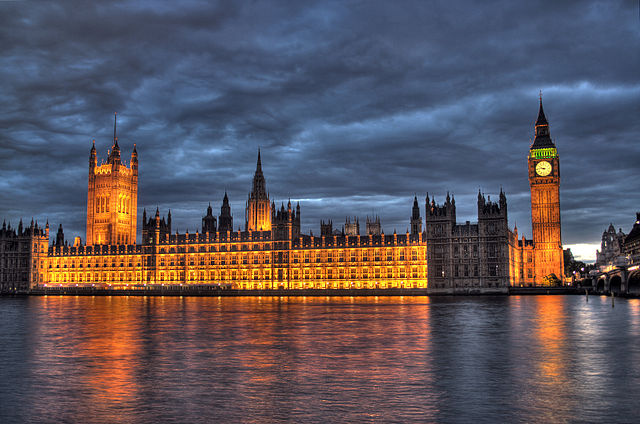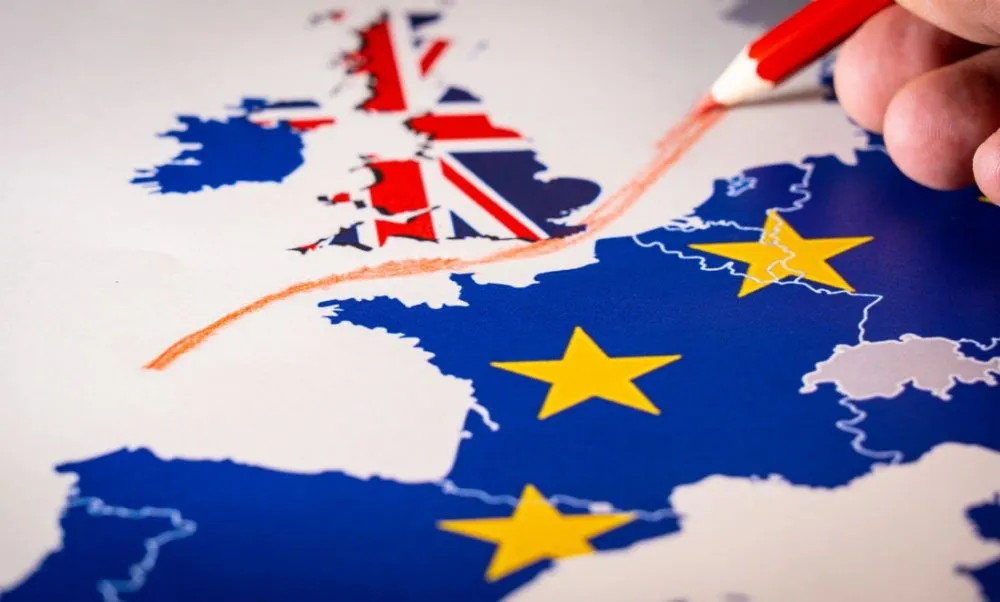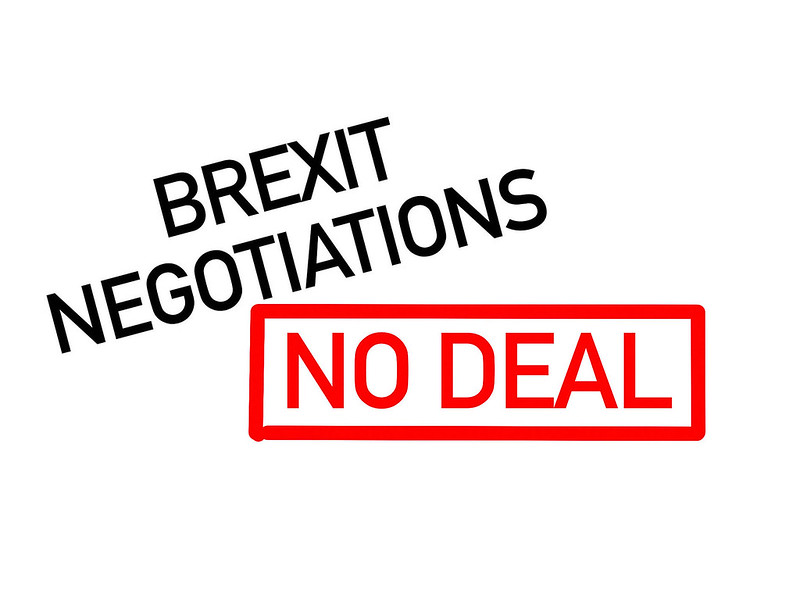23 July 2019 | OPINION
The great constitutional expert A. V. Dicey defined Parliamentary sovereignty as follows: ‘Parliament has, under the Constitution, the right to make or unmake any law whatever; and, further, that no person or body is recognised by law as having a right to override or set aside the legislation of Parliament’. It is a shame that all of those who are so concerned about Parliament being prorogued by the new Prime Minister did not show the same concern about Parliament’s sovereignty being slowly washed away with every passing EU treaty.
There is a certain irony in John Major threatening to take the government to court on the pretence of safeguarding Parliamentary democracy, when he oversaw the biggest transfer of Parliamentary powers to an overseas body in British history, ranging from fishing to security. Gina Miller has said that Parliamentary sovereignty is the ‘jewel in the Constitution’. What she forgot to mention that while we are members of the EU, our Parliament is no longer truly sovereign.
Parliamentary sovereignty has been severely constrained as a result of EU membership. In 1973, by passing the European Communities Act, Parliament managed to bind itself by outsourcing its sovereignty to a higher body which it could not override, short of leaving the Community. Parliamentary sovereignty is like pregnancy. You are either pregnant or you’re not – there is no in-between. Yet, of the 2 million words spoken in Parliamentary debates in the lead-up to EEC membership in 1975, sovereignty was hardly mentioned. The supremacy of EU law was well-established before we joined, as in the case of Costa vs ENEL at the ECJ in 1965 where it was clearly stated that domestic legislation should be struck down if in conflict with legislation from the Commission.
This should have rung alarm bells in Britain, but alas our politicians hardly raised an eyebrow. Indeed, the White Paper even stated that ‘there is no question of any erosion of sovereignty’. It did not even mention the effect of membership on our judicial system. Since then, successive Prime Ministers have gone to Brussels and, slowly but surely, chipped away at our Parliamentary sovereignty, often confused with national sovereignty. Parliamentary sovereignty is absolute; national sovereignty can be pooled.
And yet, many Europhiles who are happy to brush all this aside are quick to point out what they perceive as hypocrisy. They point out that, if Brexit was about returning powers to Westminster, then proroguing Parliament naturally goes against these aspirations. However, the UK has not yet left and, by the looks of things, the current Withdrawal Agreement, three times voted down by Parliament, is dead. It appears unlikely at this stage that the next PM could change the Withdrawal Agreement, especially without a very credible threat of No Deal – something Parliament is determined to stop.
In the end, the only possible way of achieving Brexit may be to leave without an agreement. Yet Remainers in Parliament recognise this, and see blocking No Deal as a credible path towards Remain. They claim they are working in the ‘national interest’ to avoid what they call a ‘catastrophic crash-out Brexit’, yet they clearly have other motives than simply protecting the economy. What they really want is to stop Brexit. Many times in history, Parliament has passed legislation at odds with the majority view in the country – the legalisation of homosexuality and the abolition of the death penalty immediately come to mind. Nonetheless, now, with the roles reversed, it would be inherently wrong for Parliament to assert authority over the people by blocking Brexit.
On the European question, Westminster has for decades sought to impose European integration on the British people without their consent. There have been undelivered referendums on various issues and incorrect assurances about opt-outs. Now that the public has finally spoken for the first time in over 40 years, many Parliamentarians are simply unwilling to listen. Dominic Grieve has said that suspending Parliament has the effect of suspending democracy. What he fails to realise is that remaining a member of the EU more than three years after a democratic vote to leave is the real suspension of democracy.
If it takes the side-lining of a Remain Parliament in order to enact Brexit, then so be it. It would not be the first time it has been side-lined or misled by a British Prime Minister. The referendum highlighted a divide in British politics between Parliament and the people. The next Prime Minister should make sure he sides with the people.























